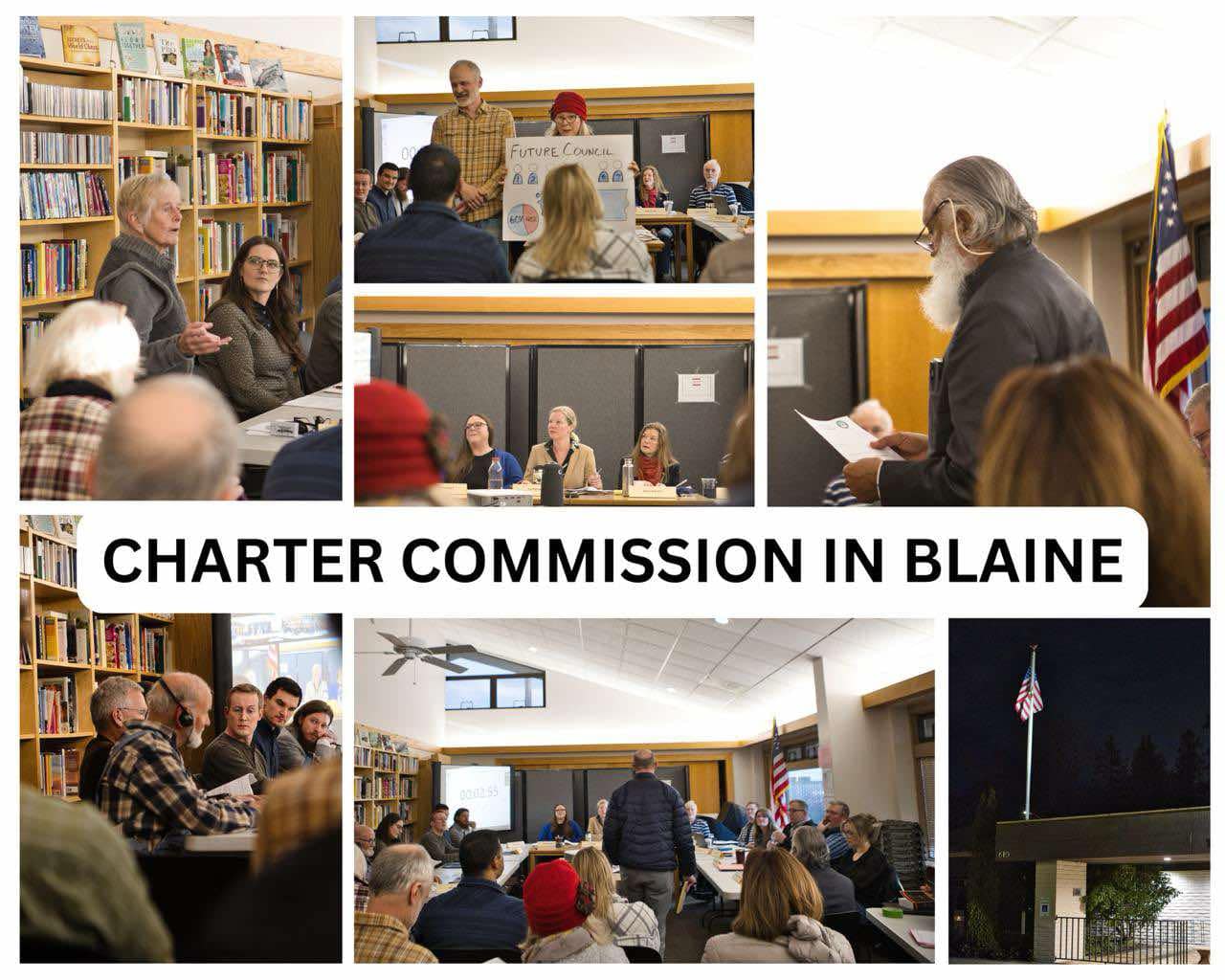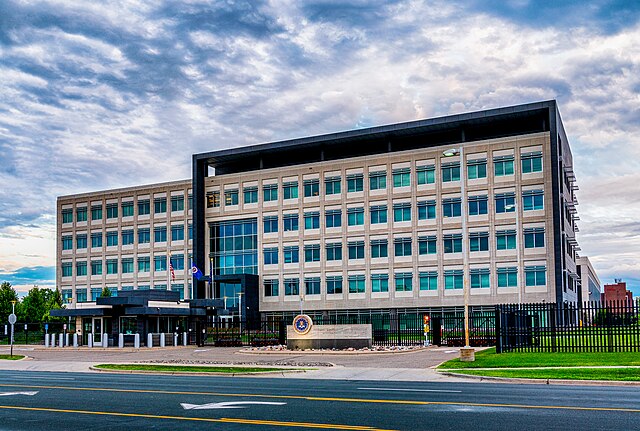By Greg Thames
The Whatcom County Charter Commission’s recent meeting was its most efficient session to date, packed with passionate discussions on proposed amendments, elected official salaries, and the challenges of ensuring public access. The complexities of local governance and the public’s deep engagement in shaping their county’s future were highlighted during the meeting, which saw substantial public participation.
Amendments and Procedural Battles
This meeting began with a stern reminder from the commission’s legal counsel about maintaining professional conduct because of a complaint to the county HR department about unprofessional conduct by charter commission members. Chair Liz Darrow reinforced this, emphasizing the importance of upholding their oath of office.
A key point of contention arose early on. Commissioner John Muchler proposed making the county prosecuting attorney a nonpartisan position, arguing it would increase transparency. Whatcom County Prosecutor Eric Richey spoke in favor of this proposal. However, the commission overwhelmingly rejected the proposal in a 14-1 vote, with Commissioner Muchler as the sole supporter.
Public comments brought diverse perspectives. A local citizen from Fair Vote Washington presented a colorful drawing of county districts and advocated for a proportional representation system using ranked choice voting. Rosemary VanBeck expressed concerns about the potential costs and political implications of such changes.
The commission also spent significant time again debating procedural matters, particularly the approval of previous meeting minutes. This involved detailed discussions about the accuracy and completeness of past votes, leading to heated exchanges. The typically unanimous vote to approve the minutes resulted in a contentious 9-5-1 decision, with Doug Chadwick abstaining.
County Executive Satpal Singh Sidhu made a notable appearance, proposing several amendments to the county charter. He suggested changes to the initiative process, including:
- Requiring signature gathering across all county districts: This aims to ensure fair representation, including changing the signature requirement for charter amendments to 15% of countywide votes and 10% from each district.
- Implementing more stringent requirements for ballot measures: This seeks to protect the charter from frequent, potentially divisive changes.
- Raising thresholds for charter amendments: This would make it harder to change the charter, ensuring more deliberate changes. But the commission has voted already to change this charter amendment requirement.
- Providing more comprehensive information to voters: This would help voters make informed decisions on ballot measures.
A recurring theme was balancing the charter’s adaptability with its stability. Commissioners grappled with procedural details, potential amendments, and the broader principles of representative democracy.
Elected Official Salaries and Meeting Accessibility
The meeting’s focus shifted to two major issues: elected official salaries and the accessibility of public meetings.
Commissioner Andrew Reding proposed replacing the current salary commission with a fixed, inflation-adjusted compensation system. Reding argued this would prevent “salary inflation” and increase transparency by tying elected official pay to cost-of-living increases.
Whatcom County Prosecutor Eric Richey strongly opposed the proposal, claiming the data used was inaccurate and would undervalue critical county positions. Despite this, the commission voted 13-1 to refer the proposal to a “committee of the whole” for further investigation. So that the commission can focus on all the aspects of this proposal. This “Committee of the whole” also will consider salaries for future charter commissioners members at the same time. At the time of publication the time and place of this “committee of the whole” has not been shared as of yet!
The commission’s “traveling meeting” approach, designed to increase public access, also faced scrutiny. Citizens and commissioners raised concerns about meeting logistics:
- Sound quality issues: Speakers highlighted problems with audio clarity.
- Cramped spaces: Attendees reported difficulty hearing, or even entering the meeting room.
- Inadequate capacity: Citizen Misty Flower pointed out, “People stood outside for three hours trying to listen,” indicating the need for larger venues.
Commissioners acknowledged these concerns and suggested solutions, including securing proper audio equipment and finding venues with adequate space and emergency exits. The Nooksack Tribe offered their community center as a potential location.
“We want to ensure we’re truly accessible to all Whatcom County residents,” said Commission Chair Liz Darrow.
The next meeting is scheduled for March 27 at the East Whatcom Regional Resource Center in Maple Falls, with a commitment to addressing the accessibility issues raised during this session.
Stay informed by following Bellingham Metro News coverage to see how these potential changes might impact you and your community.
#WhatcomCharter, #WhatcomGov, #CharterWatch2025
Discover more from Bellingham Metro News
Subscribe to get the latest posts sent to your email.





